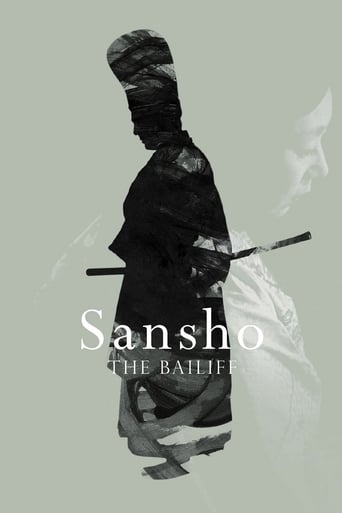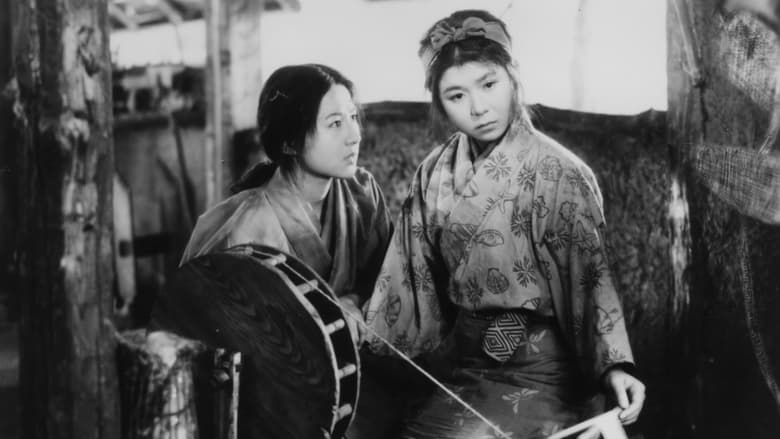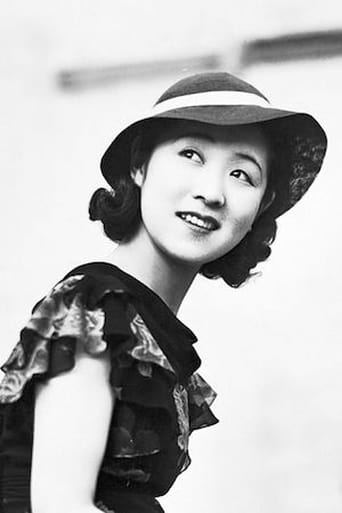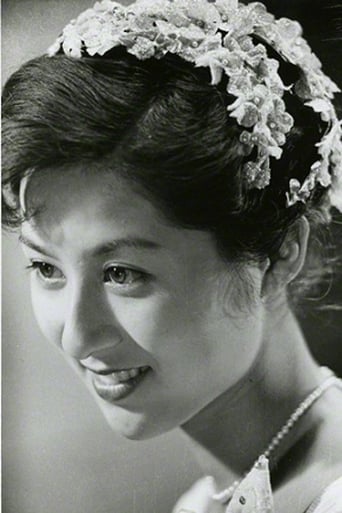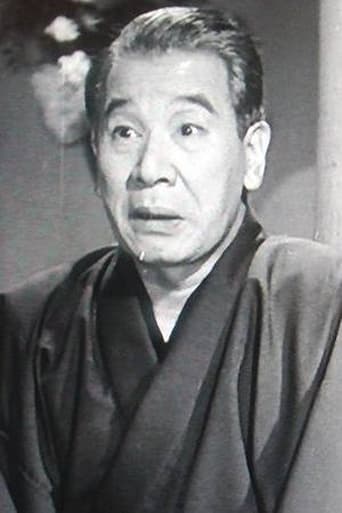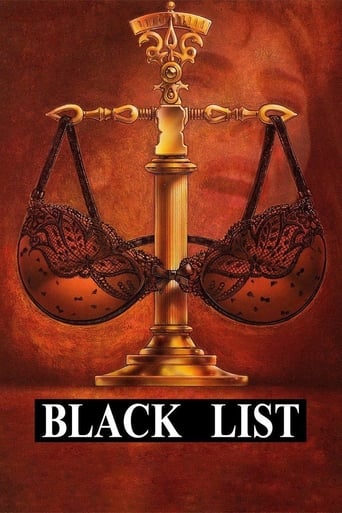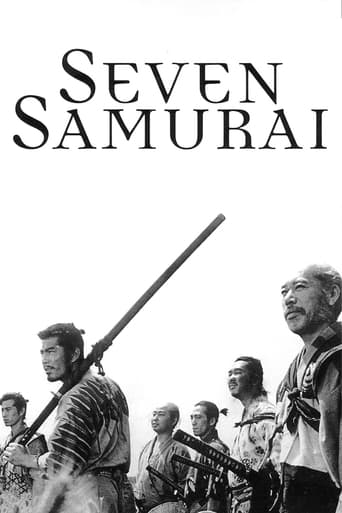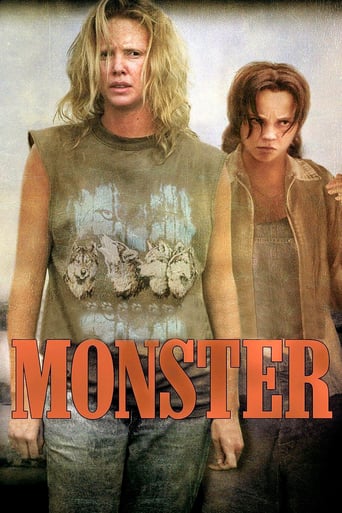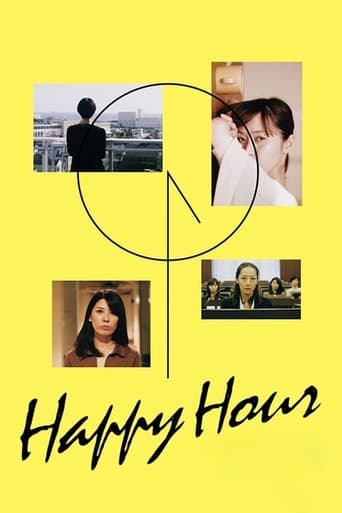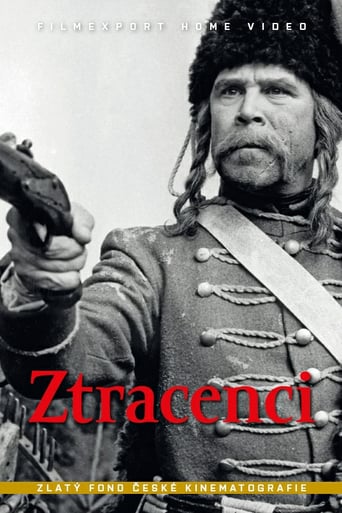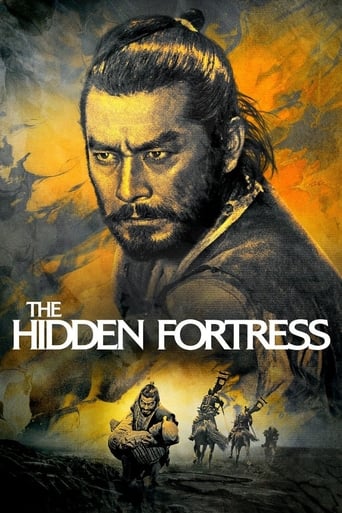Sansho the Bailiff (1954)
In medieval Japan, a woman and his children journey to find the family's patriarch, who was exiled years before.
Watch Trailer
Cast


Similar titles
Reviews
Best movie of this year hands down!
Instead, you get a movie that's enjoyable enough, but leaves you feeling like it could have been much, much more.
It's an amazing and heartbreaking story.
Exactly the movie you think it is, but not the movie you want it to be.
Even the exquisite photography of this film cannot overshadow its unrelenting grimness. The story line is the most depressing of any non-Swedish film I've seen. It tells of the travails of a well-to-do family who are torn apart by fate. The moody score, which uses a combination of western and Japanese instruments, adds to its overall gloominess.
A family torn apart during the oppression of medieval Japan struggles to survive and reunite in this powerful film by Kenji Mizoguchi. What makes "Sansho The Bailiff" so powerful is the bond between the brother and sister who were sold as slave workers at an early age, and the hardships they endure over the years. The mother was sold separately as a prostitute and longs for the return of her children. Though, the distance between them is large, they are bonded by love and an everlasting drive to reunite. I would be lying if I said this is not a dark film. This is a very dark film but underneath the darkness lies a perpetual beauty. I was genuinely in awe of the cinematography of this film. This is definitely one of the finest looking films ever. From beginning to end, every single frame is a work of art and brings color to the black and white. One scene that comes to mind is the mother, son, daughter and servant making a shelter underneath a tree. The way the scene plays out as the camera follows the children back and forth while they happily gather brush for the fire is one of the only lighthearted moments in the film. They are unaware of where they are going but they have each other, for now. Japan is quite a magnificent land and since this film is a period piece, it was mostly shot on location and the sets/props to be as faithful to the original source as they could. I found 'Sansho' to be very sincere in that respect. The performances are all extremely good and seemed reminiscent of classical theatre, which gave it a very genuine feel. I would not be surprised if all of the actors were classically trained theatre actors. Yoshiaki Hanayagi (who plays the son "Zuchio") is the main hero of the story and he shines in the role. After a decade of living under the rule of Sansho the bailiff, Zuchio becomes complacent in his role as a slave and in his own words decides "it is better to get on the bailiff's good side than try to escape and become a beggar or bandit at best." much to the dismay of his younger sister Anju, who urges him to remember their dream of freedom and reunion. These differing perspectives lead to conflict among the pair, which is depicted in such a way that we understand both sides and never lose faith in Zuchio realizing his destiny. Kenji Mizoguchi definitely has a style of his own and utilizes it to bring to life powerful human stories. The music was composed by the great Fumio Harayake, who also worked on "Ugetsu" and many other classics. His score for "Sansho" perfectly accompanies the films atmosphere and enhances the emotions evoked. Mixed with the wonderful cinematography and brilliant storytelling, you are left with a masterful film all the way around and I recommend it to everyone who appreciates good cinema in general. I lost track of time during the 2 hour run length because the story had me so involved and caring about what happens next. This film exceeded my expectations - breathtaking and visually stunning - what a wonderful film! The ending will leave you in tears. 10/10 ps - The title may be misleading. "Sansho The Bailiff" is not actually about Sansho the bailiff. He is an important figure and the film's main "villain" so to speak, but it is ultimately about the separated family.
Viewed on DVD. A photo play version of an ancient folk tale from when commercial slavery was an important contributor to regional Japanese economies (the so-called "Dark Ages" of some 1,200 years ago). The tale is tied to an estate manager/overseer (or "bailiff") by the name of "Sansho." The estate is based on slave labor and Sansho is the slave master with life and death power (but torture rather than death is preferred by Sansho as a cost inhibitor). The traditional tale title is used by the director, but the film is not focused on the bailiff character (who plays an in effect supporting role). Direction and cinematography (black and white) are outstanding and seem "joined at the hip" (although the old narrow-screen format is present on the DVD version). Acting is a bit uneven with the adult lead actor (Yoshiaki Hanayagi) tending to overact for the camera (as if in a silent movie or on the stage). Period costumes and mannerism (such as the staging of court protocols and processions) look authentic (judging from other source materials) and the sets are most impressive. The film score is a major contributor to the style and enjoyment of this movie. It is one of the best (it not the best) composed for any Japanese movie from the 20th Century. Solos of traditional instruments are seamless interwoven into modern orchestral arrangements. Leif motifs and themes are used for characters and scenes/locations. The score provides the acoustical glue that helps to hold this movie together and is one of the two contributors to the film's most impressive dynamics (the other contributor being camera movements). WILLIAM FLANIGAN, PhD.
Sansho the Bailiff is Japanese director Kenji Mizoguchi's great contribution for film industry. The late director is remembered for his mastery of the long takes (uninterrupted shot lasting longer than conventional takes) which he uses to full effect in Sansho the Bailiff.The film tells an excruciating tale of human cruelty and compassion of two 11th-century Japanese aristrocratic children who are sold to slavery. Sounds bleak and in all fairness there is very little uplifting to say about the story. In fact the film draws its great impact from emotional turmoil and despair which the children, Anju (Kyoko Kagawa) and Zushio (Yoshiaki Hanayagi), experience during their long and miserable captivity. At a glance one might think Sansho the Bailiff was uneventful film, but the director's great skill to draw drama out of human plight quickly captivates. For such a slow paced and actionless drama film, I was truly impressed how effortlessly the film managed to keep me fully immersed with the film through the running time.For its great age, Sansho the Bailiff, has truly aged gracefully and it still witholds great emotional impact even after ~60 years since its creation. Director Kenjo Mizoguchi truly created a beautiful classic with Sansho the Bailiff and after seeing the film I now fully understand and agree with all the praise western critics and film-makers alike have given Sansho the Bailiff.

